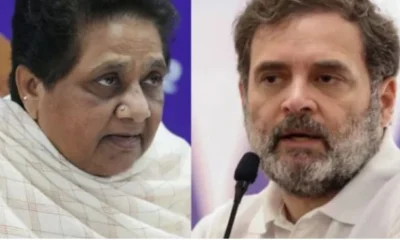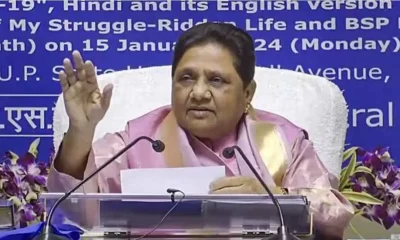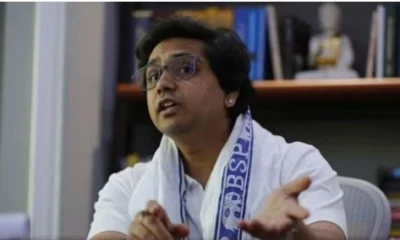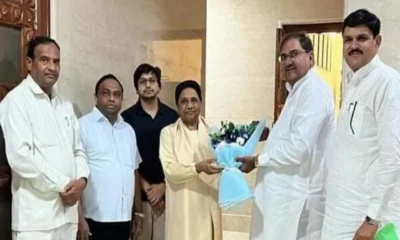India News
BSP heading for a split
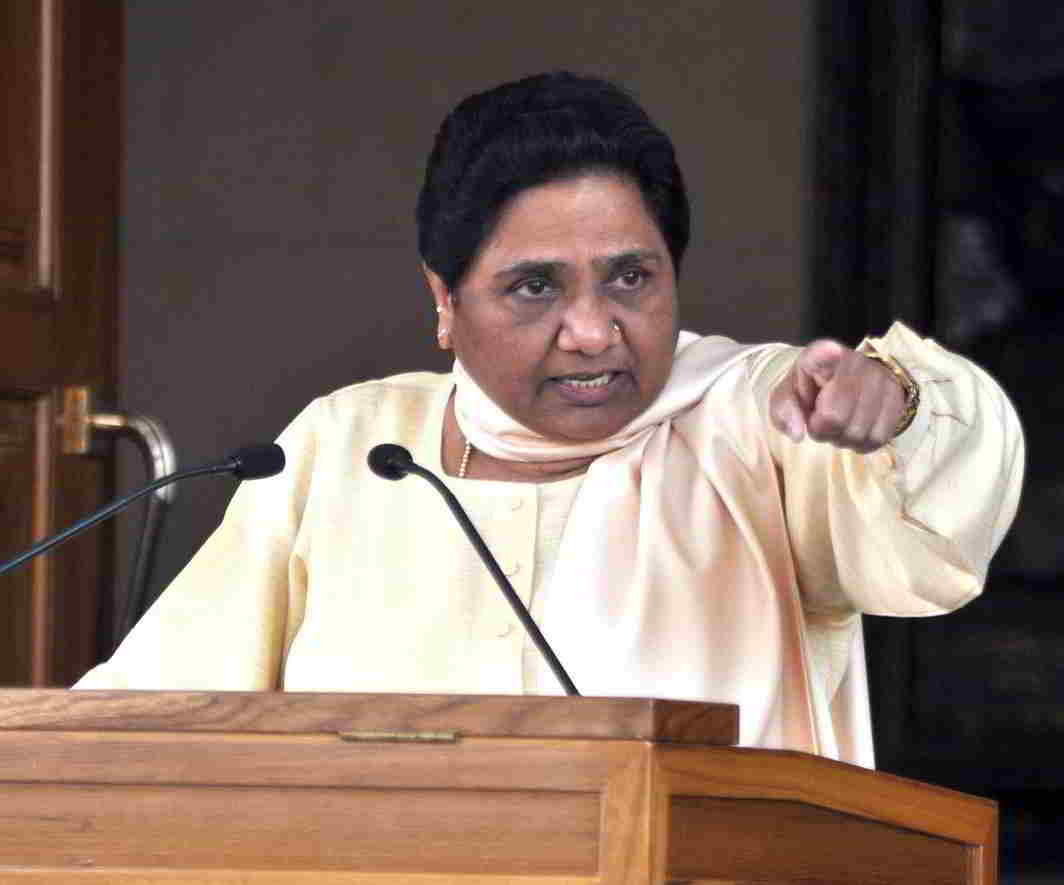
India News
India welcomes US tariff cut as PM Modi thanks Trump for easing trade barriers
PM Modi has thanked US President Donald Trump after the US reduced tariffs on Indian goods to 18%, calling the move beneficial for bilateral trade.
India News
US-India trade deal to strengthen strategic partnership, says Amit Shah
Amit Shah says the US-India trade deal with reduced tariffs will elevate strategic partnership and pave the way for stronger trade ties and mutual growth.
India News
Markets surge as Nifty jumps 750 points after India-US trade deal
Indian equity markets rallied sharply with Nifty and Sensex posting strong gains after the India-US trade agreement announcement.
-
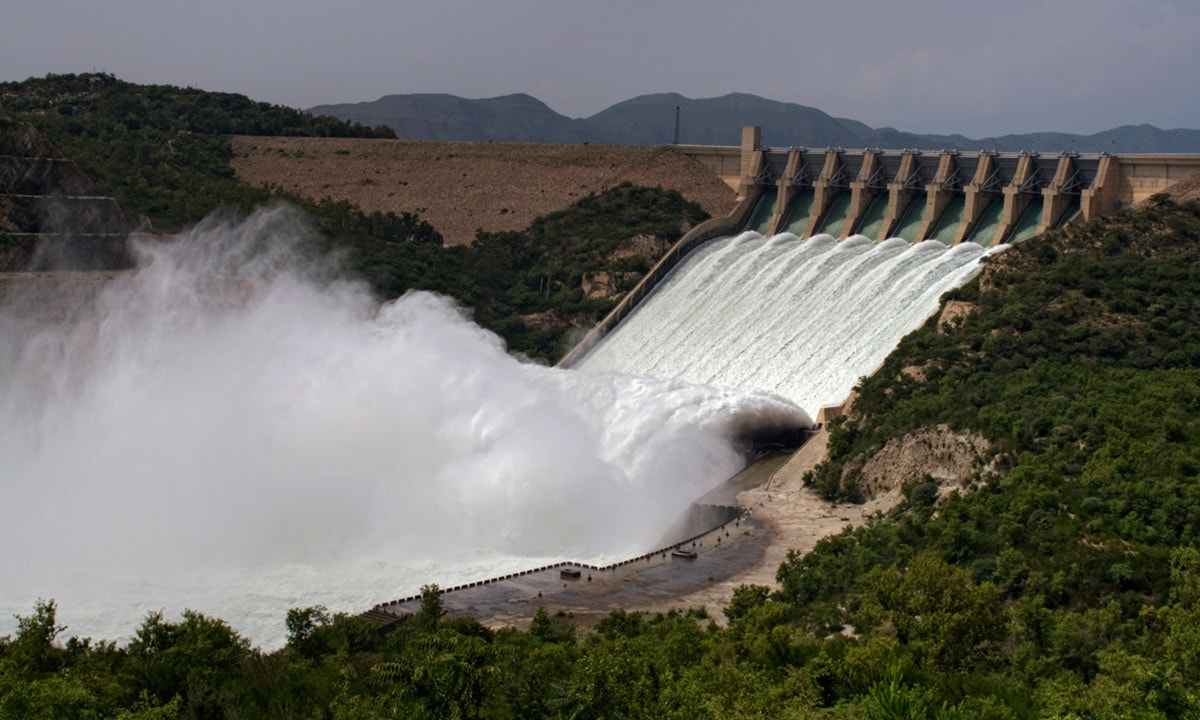
 Latest world news16 hours ago
Latest world news16 hours agoIndia rejects Hague court proceedings on Indus Waters Treaty
-

 India News17 hours ago
India News17 hours agoRahul Gandhi, Rajnath Singh clash in Lok Sabha over ex-Army chief’s unpublished book on Ladakh
-
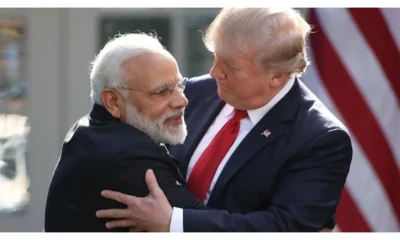
 Latest world news2 hours ago
Latest world news2 hours agoTrump announces trade deal with India, claims New Delhi will stop buying Russian oil
-

 India News2 hours ago
India News2 hours agoMarkets surge as Nifty jumps 750 points after India-US trade deal
-

 India News2 hours ago
India News2 hours agoUS-India trade deal to strengthen strategic partnership, says Amit Shah
-

 India News1 hour ago
India News1 hour agoIndia welcomes US tariff cut as PM Modi thanks Trump for easing trade barriers
-
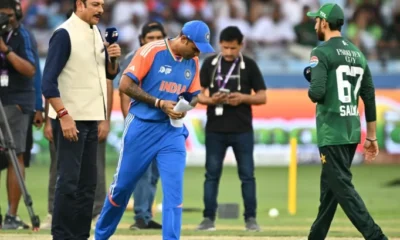
 LATEST SPORTS NEWS1 hour ago
LATEST SPORTS NEWS1 hour agoPakistan looks to force majeure as India boycott threat looms in T20 World Cup

